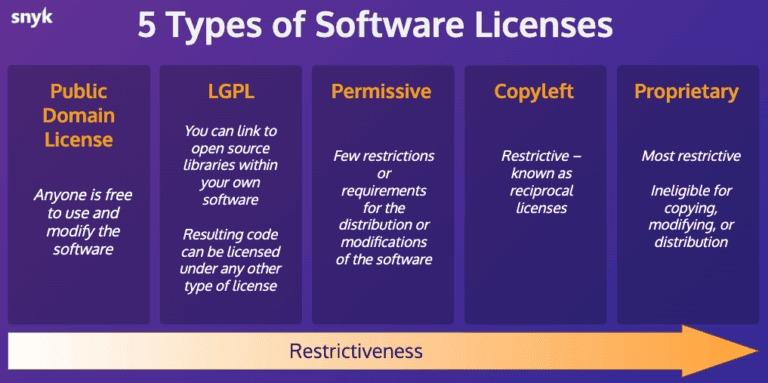Open-source software is essential to the functioning of our modern internet. It’s essential to all our modern technology. Open-source tools form the simple and functional building blocks that help power everything from TVs to ChatGPT, and it’s almost impossible to overstate the importance of the open-source movement in making software development accessible.
Yet, understanding of open source software values is scarce. Companies and businesses will often ignore their licensing requirements, and even many developers aren’t aware of the licenses they operate under. Whether you’re a developer, tech enthusiast, business leader, or just an interested party, it’s important to respect the efforts of open-source developers and credit them for their contributions. As a developer or user of software, you could also open yourself up to lawsuits if using a license improperly.
There are different definitions of open source, but they generally all hit on the same key points. To be open source, software must be freely available and members of the public are freely allowed to inspect, modify, and distribute the code at their discretion. This includes the sale or commercialization of any derived (i.e. enhanced) or aggregate (i.e. combining multiple bits of software) work that might be produced from open-source software.
The world would be a very different place if it were not for open source licensing (hardware as well as software). It has allowed innovation to keep leap frogging and has also allowed so may start-up businesses to get off the ground with minimal cost. Learners everywhere have also been able to inspect it and take it apart and learn from it.
But it is not license-free. Although some open source licenses have no restrictions at all, many others do have conditions, whether it means the source must accompany the product, or the whole final product needs to be open source. So, it does often have implications, especially for any business selling products.
Although some open source projects have some or other paid support tier, or paid hosting service. If you intend to use open source into the future, it is a good idea to consider donating to that project, to ensure it is sustainable in the long run.
See https://www.xda-developers.com/open-source-software-licensing/

